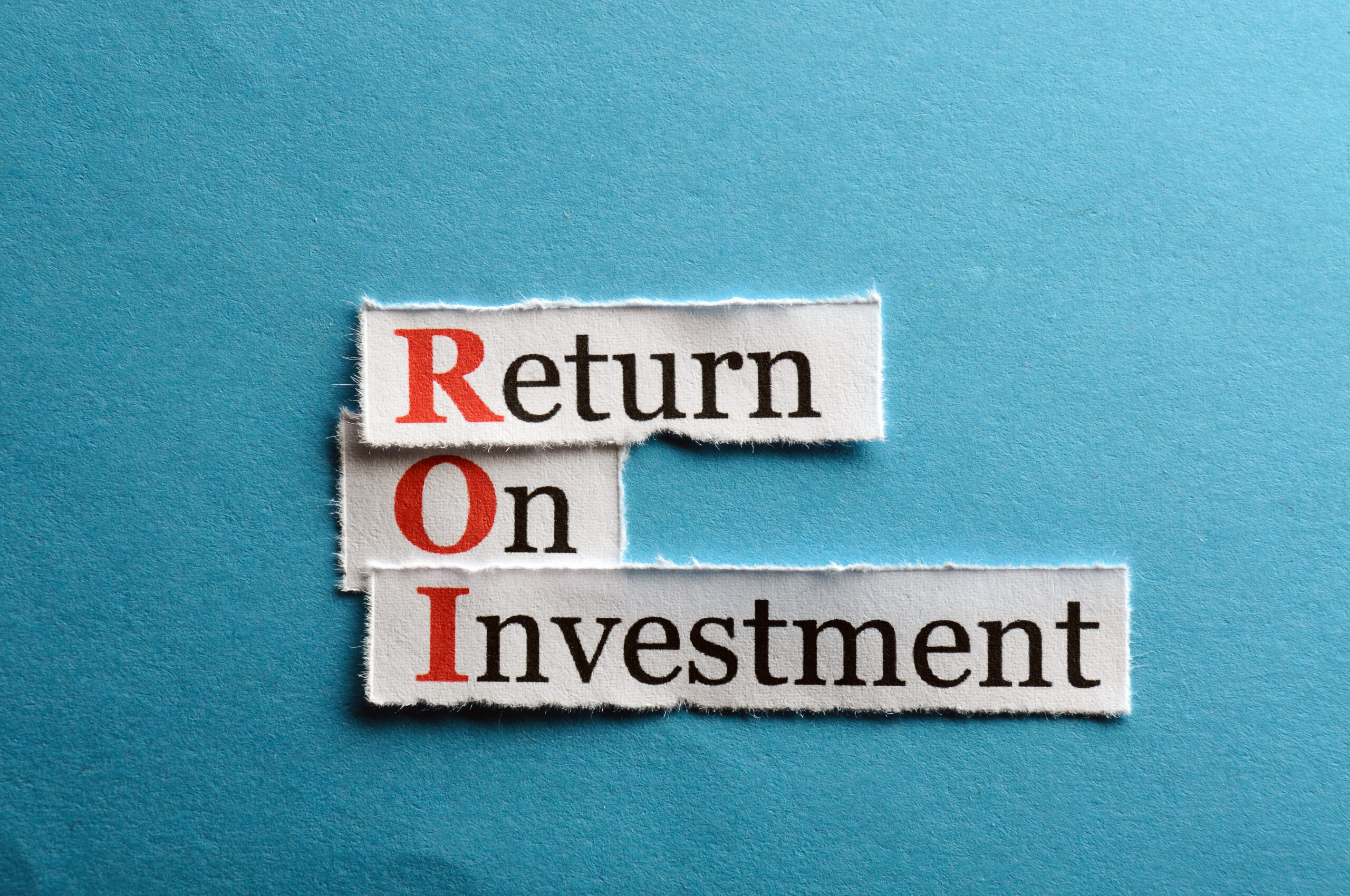Influencing large-scale behaviour change and empowering your people to tackle the climate crisis is crucial. Sarah Humphrys reveals how effective training can help
Every day we are bombarded with headlines:
The scale of the challenge is clear. Now we need all hands on deck to turn the climate and nature crisis around – and fast.
77% of employees are actively unhappy about their employer’s lack of climate and nature action
The problem is, people are not taking adequate and informed action on this emergency. Our data, collected from 2022 to 2024, shows that 70% of people lack belief that their personal actions can make a difference at work.
Finding a way to influence people to change their behaviours at scale and feel empowered to make a difference has never been more important. One way to achieve this is through climate training in the workplace.
Employees are increasingly demanding to play a part in tackling the climate and nature crisis in the workplace. Our data reveals that more than three-quarters (77%) of employees are actively unhappy about their employer’s lack of climate and nature action, and only 7% of workers understand how their company’s sustainability strategy applies to their job.
These statistics demonstrate that the provision of training for employees on climate and sustainability is no longer a nice-to-have; it’s an essential resource for employees, and a vital investment on the part of businesses.
Risks of ignoring climate training
E.ON’s survey quantifies the risk for organisations in failing to address this demand: nearly half (42%) of 18 to 24-year-olds are prepared to move jobs if they are unsatisfied with their employer’s sustainability efforts.
Meanwhile, AimHi Earth’s data reveals that 85% of professionals who were previously planning to leave their roles, report feeling significantly more motivated after receiving training on sustainability and climate (and you can see more on this on the Newsflash – Ed).
Benefits of effective training
Training is not only essential for attracting and retaining the best talent, it is also vital for companies and institutions committed to reaching sustainability targets. 93% of companies with explicit targets in place are on track to miss their commitments unless they significantly accelerate progress.
For company-wide sustainability transformations to succeed, businesses need an activated workforce with the necessary green skills who are equipped to rally behind their sustainability roadmap.
Addressing Scope 3 emissions
For example, giving employees the necessary green skills is an important way of addressing Scope 3 emissions. As opposed to greenhouse gas emissions directly caused by a company (for example through energy it produces), these are indirect emissions that occur in a company’s value chain, such as those emitted when their employees commute to work or by suppliers creating the products the business buys.
Scope 3 emissions are incredibly important, given they often account for more than 70% of a businesses’ total carbon footprint. They’re often the hardest nut to crack when working to slash emissions because they are caused by activities outside of a company’s direct control. Our research shows that effective and engaging training, that focuses on encouraging sustained behaviour change, can halve a company’s employee-related Scope 3 emissions.
Make it engaging
However, not all training is created equal. Many of us will have sat through passive, click-through PowerPoint training or impersonal pre-recorded video webinars – frankly they’re boring, a slog to get through and hard to remember as time passes. On an issue as important as the climate and nature crisis, employers can’t settle for this.
Training must be designed to ensure that people and organisations everywhere understand the full picture of the climate and nature emergency, and are motivated to drive positive change, so that we can build a healthier, cooler, more verdant future together.
Moving from information to action
Facts alone do not change people’s behaviour, passive presentations fail to catch people’s attention and “doom and gloom” narratives rarely lead to ownership. Instead, training must seek to empower, engage and activate learners.
Rather than teaching learners to regurgitate information, training should focus on equipping them to ask good questions and make informed decisions – this is the most effective way to move a workforce from apathy to real agency.
Crafting impactful training
Only with training that is well-crafted, impact-focused and informed by behavioural psychology can we move employees to take informed action on climate and nature – a crucial outcome for our companies, our people and our planet.
Sarah Humphrys is co-founder of AimHi Earth




